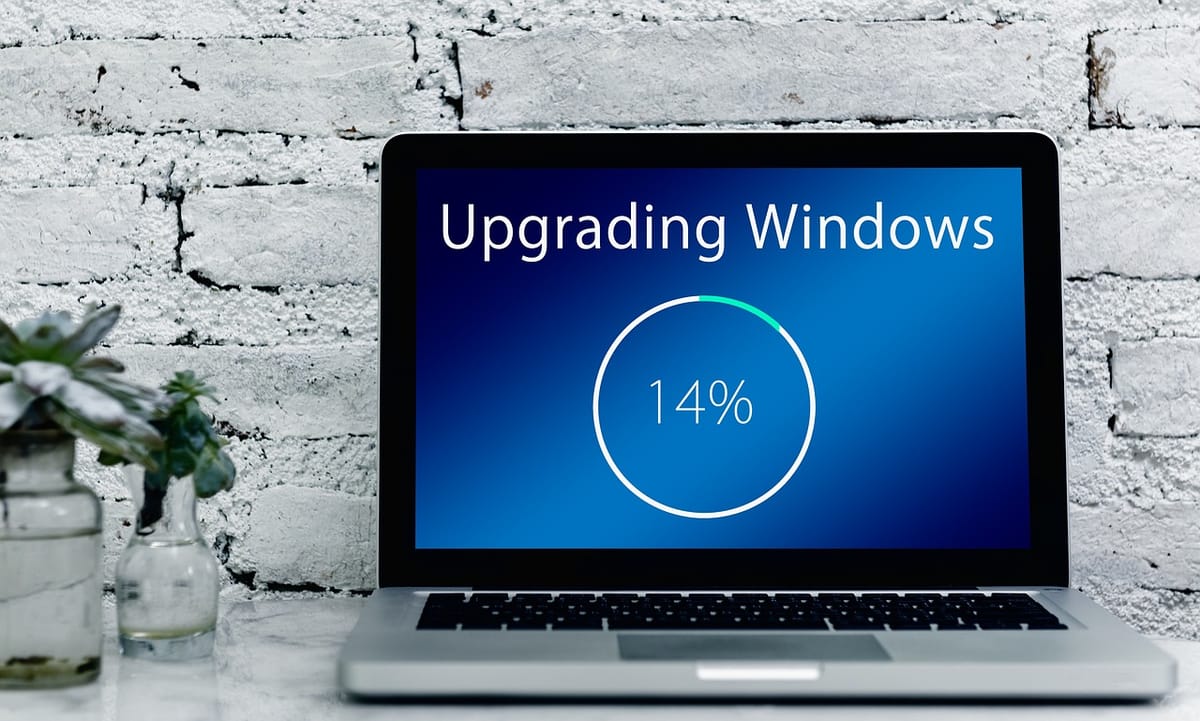Microsoft, GitGuardian & Linux Released Patches

TL;DR
- Security updates 2025: Microsoft releases 60+ patches, GitGuardian addresses TLS bypass, Linux 6.18 patch mitigates kernel exploits.
- Data privacy breaches 2025: NHS data leak via proprietary software, identity theft scams reported, government policy shifts on personal data.
2025 Security‑Update Landscape: A Unified Front
Coordinated Patch Cadence
- Microsoft, GitGuardian, and Linux released critical updates within a 48‑hour window (Nov 16‑17).
- Microsoft’s Patch Tuesday bundled 60 + CVEs, including zero‑day CVE‑2025‑62215 (memory corruption) and a GDI+ flaw with CVSS 9.8.
- GitGuardian’s GGShield v1.44.1 addressed a TLS verification bypass (CWE‑295) that affected all versions ≤ 1.43.0.
- Linux kernel 6.18‑rc6 (Nov 16) introduced hardware‑specific fixes and driver updates comprising roughly 25 % of the change set.
Hardware‑Driven Kernel Fixes
- AMD Zen 5 RDSEED microcode revision was integrated directly into the rc6 release.
- ARM64 performance regression and LoongArch adjustments were finalized ahead of the 6.18 stable launch (target 30 Nov).
- The proportion of self‑test patches (~25 %) underscores a focus on regression safety before the stable 6.18 rollout.
Supply‑Chain Transport Hardening
- GGShield’s TLS bypass allowed man‑in‑the‑middle attacks on API calls when the
--allow-self-signedflag was used. - Version 1.44.1 disables the flag by default, eliminating the vulnerability without assigning a CVE (coordinated disclosure via CERT/CC).
- The rapid vendor response highlights an industry shift toward enforcing secure transport in CI/CD utilities.
Release Validation Gaps
- Microsoft’s KB5068781 exhibited install failures (error 0x800f0922) on managed Windows 10 devices, rolling back after reboot.
- The incident demonstrates that accelerated release cycles can compromise installation reliability, especially for subscription‑based activation pathways.
Outlook (2025‑2026)
- Patch synchronization across OS, kernel, and tooling vendors is likely to become a regular practice to shrink exposure windows.
- Future kernel releases will embed vendor microcode updates, reducing latency between silicon fixes and OS protection.
- CI/CD tools are expected to enforce TLS verification without opt‑out flags, reducing CWE‑295 occurrences.
- Automated post‑install validation mechanisms will be adopted to detect rollback failures before end‑user impact.



Comments ()